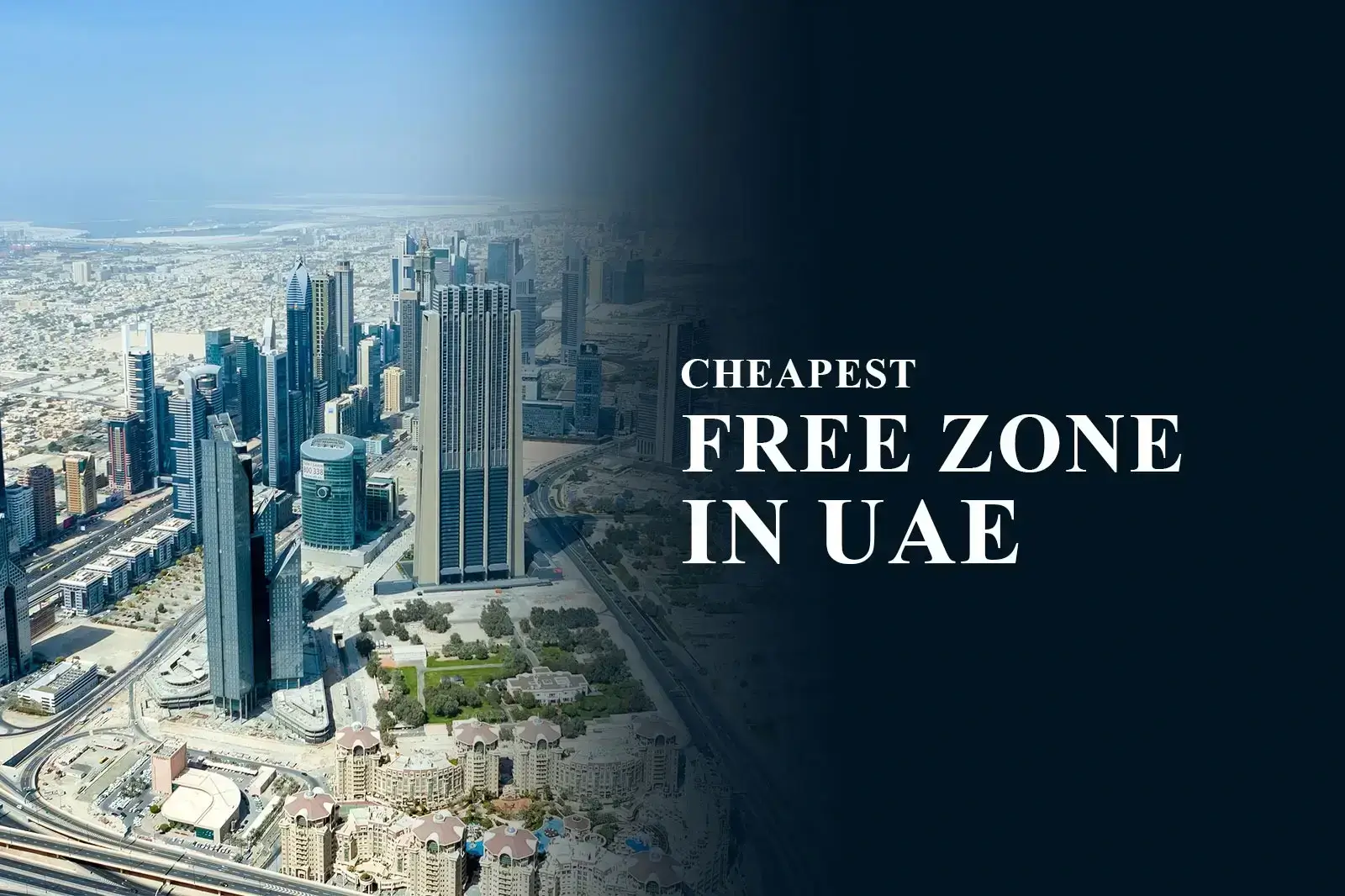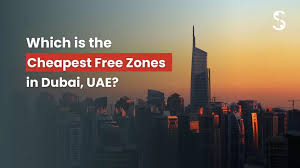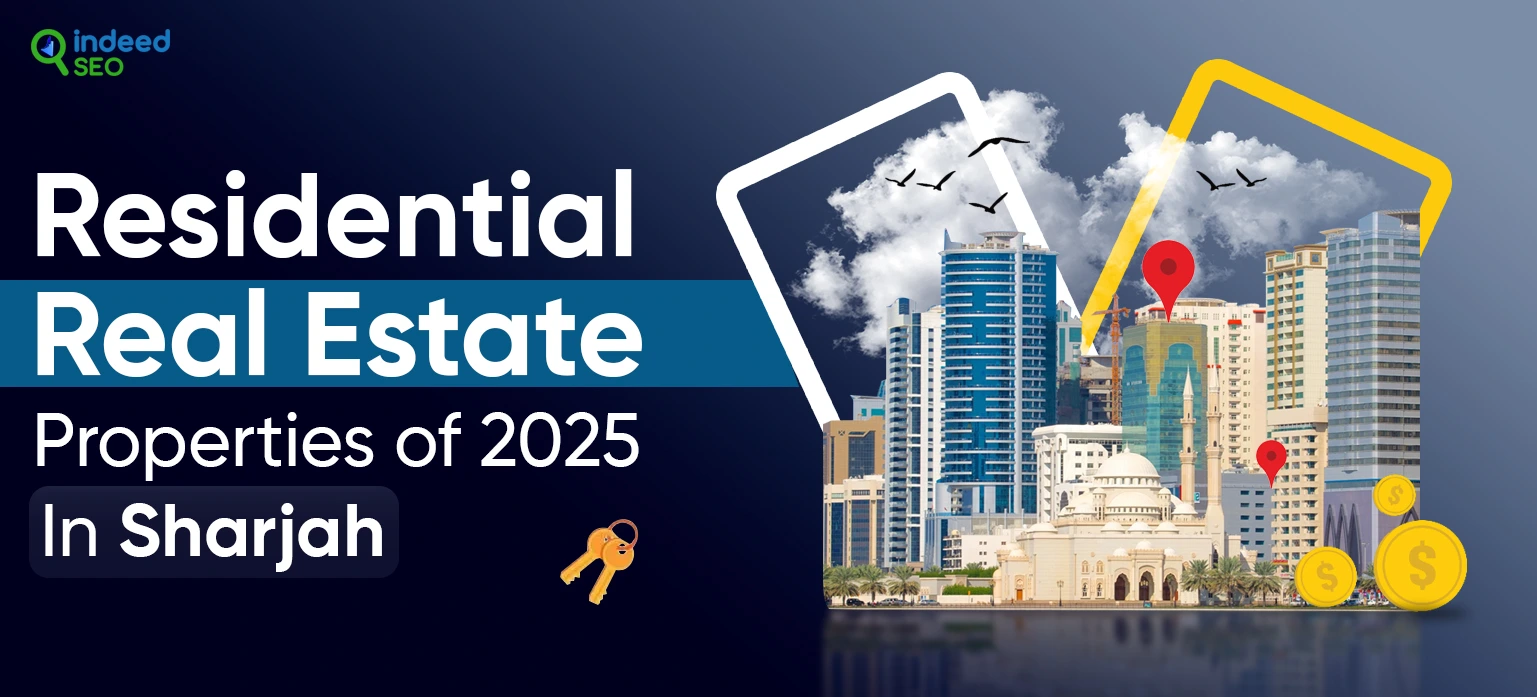Now Reading: Tax-Free Zones in UAE: Real Estate Investment Guide for U.S. Expats
-
01
Tax-Free Zones in UAE: Real Estate Investment Guide for U.S. Expats
Tax-Free Zones in UAE: Real Estate Investment Guide for U.S. Expats

Table of Contents
Tax-Free Zones in UAE: The United Arab Emirates (UAE) is a global hub for real estate investment, attracting U.S. expats with its tax-free environment, high rental yields, and business-friendly policies. In 2025, the UAE’s free zones—special economic areas offering significant tax incentives—present unique opportunities for property investors. These zones, combined with the UAE’s freehold property laws, allow foreigners to own real estate in designated areas with minimal tax burdens. This guide, written in clear, SEO-friendly language, explains the tax-free zones, their benefits for real estate investment, legal considerations, and practical steps for U.S. expats looking to invest in 2025.
What Are Tax-Free Zones in the UAE?

Tax-free zones, also known as free trade zones (FTZs) or free zones, are designated areas in the UAE that offer special tax, customs, and import regimes to encourage foreign investment. Governed by independent Free Zone Authorities (FZAs), these zones operate under their own regulations, except for UAE criminal law. The UAE hosts over 50 free zones across emirates like Dubai, Abu Dhabi, Sharjah, and Ajman, each tailored to specific industries, including real estate, technology, and trade.
For real estate investors, free zones are appealing due to:
- 100% Foreign Ownership: No need for a UAE national partner, allowing U.S. expats full control of their investments.
- Tax Exemptions: Zero corporate tax on qualifying income, no personal income tax, and exemptions from import/export duties, maximizing returns.
- Residency Incentives: Property investments of AED 2 million (approximately USD 545,000) or more in freehold zones may qualify for a 10-year golden visa.
Key Free Zones for Real Estate Investment

Several UAE free zones support real estate investment, either through direct property ownership or by allowing free zone companies to own properties in freehold areas. Below are the most relevant zones for U.S. expats:
Dubai
- Dubai International Financial Centre (DIFC): A financial hub, DIFC allows free zone companies to own freehold properties in Dubai’s designated areas, such as Dubai Marina and Downtown Dubai. Recent changes permit DIFC-registered companies to acquire properties outside the DIFC without DLD approval.
- Jebel Ali Free Zone (JAFZA): One of the largest free zones, JAFZA permits offshore companies to hold property rights in Dubai’s freehold areas, ideal for commercial real estate investments.
- Dubai Multi Commodities Centre (DMCC): Located in Jumeirah Lakes Towers, DMCC supports real estate activities and offers a 94% company retention rate, with over 7,330 registered businesses.
- Dubai Silicon Oasis (DSO): Home to the International Free Zone Authority (IFZA), DSO is cost-effective and supports residential and commercial property investments.
Abu Dhabi
- Abu Dhabi Global Market (ADGM): A financial free zone, ADGM allows registered companies to own properties in Abu Dhabi’s investment zones, like Saadiyat Island and Reem Island, and recently in Dubai’s freehold areas.
- Khalifa Economic Zones Abu Dhabi (KEZAD): The largest operator of integrated economic zones, KEZAD offers industrial real estate solutions and supports property ownership in freehold areas like Al Raha Beach.
Other Emirates
- Sharjah’s Hamriyah Free Zone: Supports industrial and commercial real estate, with access to freehold areas like Aljada.
- Ajman Free Zone: Offers cost-effective options for residential and commercial properties, such as Emirates City, with 100% foreign ownership.
- Umm Al Quwain (UAQ) Free Zone: An emerging zone with investor-friendly regulations, offering 0% import/export tax and real estate opportunities in Downtown UAQ.
Tax Benefits for Real Estate Investors
The UAE’s tax-free zones provide significant advantages for U.S. expats:
- No Property Taxes: Unlike many countries, the UAE imposes no annual property taxes, maximizing investment returns.
- No Capital Gains Tax: Profits from selling properties are tax-free, a key draw for investors.
- No Income Tax on Rental Income: Rental yields, averaging 7-10% in areas like Jumeirah Village Circle, are fully retained.
- Corporate Tax Exemptions: Free zone companies classified as Qualifying Free Zone Persons (QFZPs) enjoy a 0% corporate tax rate on qualifying income, such as real estate transactions within free zones. Non-qualifying income is taxed at 9%.
- VAT Exemptions: Residential property transactions and bare land sales are VAT-exempt, though commercial properties and services incur a 5% VAT.
However, buyers must pay a 4% property transfer fee (often split 2% each between buyer and seller in Dubai) and registration fees (AED 540-1,090, depending on property value).
Legal Considerations for U.S. Expats
To invest in real estate within or through free zones, U.S. expats must navigate the following legal framework:
- Freehold Ownership:
- Since 2002, foreigners can own freehold properties in designated zones, such as Dubai Marina or Saadiyat Island, with full rights to sell, lease, or bequeath.
- Abu Dhabi’s 2019 reforms allow freehold ownership in investment zones like Reem Island for non-GCC nationals.
- Free Zone Companies:
- U.S. expats can establish a Free Zone Establishment (FZE) or branch office to own properties in freehold areas. FZEs are exempt from UAE Commercial Companies Law, allowing 100% foreign ownership.
- Companies in DIFC, ADGM, or JAFZA can own properties in Dubai and Abu Dhabi freehold zones, subject to emirate-specific rules.
- Due Diligence:
- Verify the property’s freehold status and title deed with the DLD or equivalent authority (e.g., DMT in Abu Dhabi).
- For off-plan properties, ensure developers use RERA-regulated escrow accounts to protect funds.
- Check the developer’s credentials via the Real Estate Regulatory Agency (RERA) or Ajman Real Estate Regulatory Authority (ARRA).
- Golden Visa Eligibility:
- A property investment of AED 2 million or more qualifies for a 10-year golden visa, offering residency benefits for U.S. expats and their families.
- U.S. Tax Obligations:
- While the UAE imposes no taxes, U.S. expats must report foreign assets to the IRS under FATCA. Rental income or capital gains may be taxable in the U.S., so consult a tax advisor.
For legal guidance, refer to Loam Real Estate’s 2025 guide or Dubai Lawyers’ legal overview.
Steps to Invest in Free Zone Real Estate
- Choose a Free Zone and Property:
- Select a free zone aligned with your investment goals (e.g., DIFC for luxury properties, Ajman for affordability).
- Explore freehold areas like Dubai Marina, JVC, or Aljada via Property Finder.
- Set Up a Free Zone Entity (Optional):
- Register an FZE or branch office for tax benefits and property ownership. Contact the relevant FZA (e.g., JAFZA, IFZA) for licensing requirements.
- Costs vary, with IFZA offering cost-effective setups starting at AED 13,900 (USD 3,800).
- Secure Financing:
- Pay cash or secure a mortgage (50% down payment for non-residents, 20-25% for UAE residents). Off-plan properties offer payment plans, like 60/40 or 1% monthly.
- Use services like Fiscal FX for USD-AED transfers.
- Conduct Due Diligence:
- Verify freehold status, title deed, and developer compliance with RERA or ARRA.
- Engage a RERA-licensed agent or lawyer for contract review.
- Sign Agreements:
- For off-plan properties, sign an MOU registered via DLD’s Oqood system. For completed properties, sign an SPA and obtain a No Objection Certificate (NOC).
- Complete the Transaction:
- Pay the deposit (10-20%), 4% transfer fee, and registration costs. Register the property with the DLD or equivalent to receive the title deed.
- Post-Purchase:
- Arrange utilities (e.g., DEWA in Dubai) and budget for service charges (AED 10-20 per square foot annually).
- Consider property management for rental income.
Tips for U.S. Expats
- Market Timing: A projected 15% price correction in Dubai’s second half of 2025 may offer buying opportunities.
- Rental Yields: Focus on high-yield areas like JVC (8.58%) or International City (7.59%) for maximum returns.
- Cultural Awareness: Plan transactions around Ramadan 2025, which may affect business hours.
- Stay Informed: Monitor free zone regulations and tax policies via Bayut or FZA websites.
Conclusion
UAE’s tax-free zones offer U.S. expats a unique opportunity to invest in real estate with minimal tax burdens and high returns. By leveraging freehold ownership, tax exemptions, and residency incentives, investors can capitalize on a thriving market in 2025. Whether buying a villa in Palm Jumeirah or a studio in Ajman, understanding free zone regulations and conducting due diligence ensures a secure investment. Start your journey with trusted platforms like Property Finder and professional advisors to maximize your success in the UAE’s dynamic real estate market. watch more like this
read more here: How to Finance Property in the UAE Without Paying Extra Fees in 2025





















